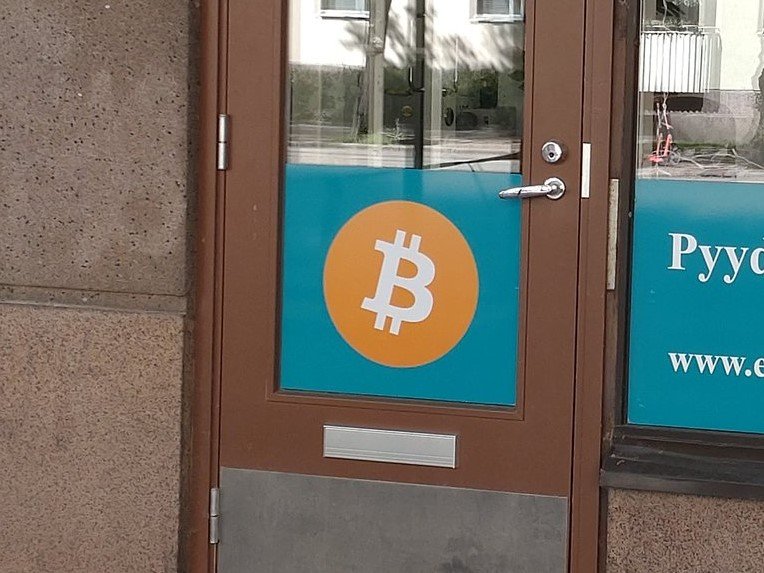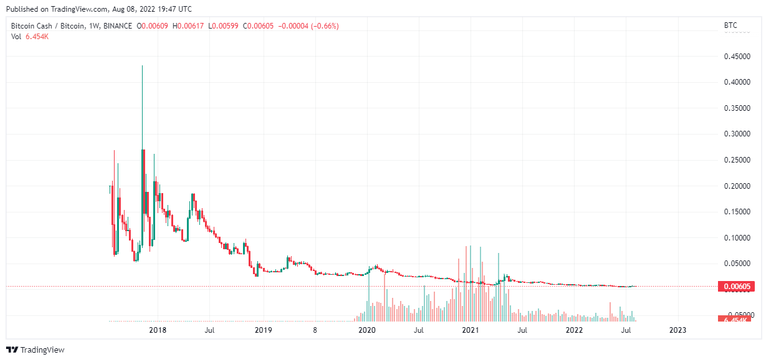Do you know who controls the bitcoin network? No, it is not miners. It is
Nodes.

It's such a stupidly simple thing that I wonder how I understood it only after 5 years after being introduced to bitcoin. What controls the bitcoin network is the people who run the bitcoin open source software (Bitcoin Core) on their computer. And to be clear, node is not a miner, it's only the software with which you can verify the bitcoin's supply and transactions for yourself, if you want to do it in a full trustless manner. Miners do run their own nodes, too, but not all nodes are miners.
Right now there are about 14,000 reachable full nodes. Including unreachable nodes, the number is estimated to be about 44,000 at the time of writing. Hacking the bitcoin network, you'd have to hack all nodes simultaneously which is basically impossible.
Miners have no power to change the consensus
In fact, they are slaves to the rules of bitcoin nodes. The only attack vector miners have is the 51% double-spend attack, but one has never been successfully executed on bitcoin itself, and the more processing power gets behind bitcoin, the less economically feasible it becomes. And even if a non-profit seeking entity wanted to execute one, not caring about making profit, the amount of resource collecting, preparation and coordination just wouldn't go unnoticed.
But the most important thing to understand about the mining attack vector, is that even with a 51% attack it's impossible to change the full history of bitcoin transactions. Have to do another post to explain this in detail, because there's a lot of fud about mining pools.
Who controls Bitcoin Core then?
Nobody really "controls it", bitcoin is an open source software to which anyone can make proposals, and they go through several hoops before being implemented, but the key here is that there is no way to force an update on a node operator's bitcoin software. So the evolution of the bitcoin network is the sum of node operators' decisions to accept or deny upgrades on the bitcoin software. It's simple, therefore really robust.
Hard fork – forbidden fruit
The runners of bitcoin nodes are very hesitant to changes and they basically do not accept hard forks, changes to the consensus layer of the software. This does not make bitcoin static, but it means that the improvements made will be backwards compatible. In practice, you can run the very first Bitcoin Core version, and you'd be able to verify the blockchain with it. A good analogy for the upgrading of the bitcoin software is light bulbs: you can upgrade and introduce better lightbulbs, but the socket will stay the same.
Denying hard forks is not a bug for bitcoin, it's a feature. Because arguably, if you want to have a global monetary network, the only way to make it fair, is so that it is predictable tens and hundreds, even thousands of years into the future.
Constant changes to the inflation rates, for example, would be akin to our current monetary system, where those in power can skew monetary policy in their own favor. A fair system does not change rules when it would be convenient for certain entity.
Fixed and predictable rules allow participants to make economic decisions far into the future. This makes people more long-term oriented, which is a good thing for civilization.
Hard fork wars – proof of bitcoin's robustness
In 2015-2017 there was a debate about how bitcoin should be scaled. There was a prominent group of influencers and miners who insisted scaling by increasing the blocksize to increase the transaction volume in order to achieve global adoption. This would've brought the transaction costs down, but it would've required a hard fork, destroying the backwards compatibility. Also, it would increase the blockchain size much faster which would in the long run increase the cost of running a bitcoin node, furthermore, potentially hurting decentralization of nodes.
In the end, the advocates of the increase in blockchain size updated and hard forked their software while other node runners didn't, creating two separate blockchains.
The one that forked was Bitcoin Cash. And the chain that didn't buy into the bluff that they would have to adopt a hard fork version of the blockchain is the original Bitcoin as we know.
Despite there being a lot of money and marketing, political power and threats from miners, even just a simple change as blockchain size couldn't be forced when the node operators didn't agree to it. This was a powerful real world example on what is in control of the bitcoin protocol: the sum of sovereign bitcoin node user actions.
What Bitcoin Cash advocates got wrong?
I already touched this topic on a another write, but simply put, the Bitcon Cash camp had the wrong idea on how to scale a monetary system. It doesn't happen by increasing throughput on the base layer, but by building layers on top.
Let's take VISA for example; it is a layer on top of already multiple layers of fiat money. When VISA processes a payment, no actual dollars move immediately. They move in a delay when the payments are summed into one big transaction. This is the way how bitcoin already scales with lighting network.
Even with Bitcoin Cash's current 32MB size, it still wouldn't be enough for a global payment system. And even if it was, only industrial entities would have the resources to keep adding storage for the blockchain if every block would be 32MB in size, which would compromise decentralization.

This is the chart of Bitcoin Cash against Bitcoin. It has faded into irrelevance.
Conclusion
Nodes run the bitcoin network, miners are slaves to its rules and cannot change them. The amount of nodes is steadily increasing which makes the network even more robust. You do not need to run a node to use Bitcoin, but you have the option to do so and verify every transaction and balance yourself, if you so wish – these among increased privacy are some of the benefits of running your own node. Running a node isn't an altruistic act, it can be, but there's usually self-interest accompanied. Also, running a node comes with the option to earn native interest on bitcoin by becoming a lightning network payment router, so you can actually earn APY with a bitcoin node if you have bitcoin and open lightning network channels, albeit it requires a lot of know-how and doesn't usually provide as big of a profit as staking in some defi or custodial products, however, it is without a counterparty risk.
Running a node, you can enforce the consensus rules yourself if somebody tries to impose a hard fork you don't agree to. Resistance to change, especially on the consensus layer is bitcoin's value proposition with which an alternate network cannot compete by hard forking, because that in itself discards itself as a viable, fair and predictable global monetary base layer. That is my thesis anyway, based on Austrian economic thought. This goes against the current paradigm of needing an elastic money supply the justification of which is another afterthought of unsound economic era of the last 100 years, imo. I might address this in more detail later.
Other networks may fill other ecological corners in other niches, but with my current knowledge, I don't see them functioning as a global monetary base layer. There's really no other good candidate for a replacement of fiat regime than bitcoin, because a forking network cannot be a stable monetary base layer by definition and if you created a chain similar to bitcoin (like litecoin), well, bitcoin already has the network effect in its niche, so it'll just eat the smaller one, so I don't think another network with proof-of-work could exceed bitcoin.
Bitcoin has only users, no admins, and you can opt into superuser by verifying the balances yourself if you so choose and protect not giving your IP address to a third party by connecting your bitcoin transactions to your own node. Though the success of bitcoin will not require every single person running their own node, but having the option to do so with low cost barrier is a powerful feature.

This all makes sense to me, which is really saying something because after all these years there is still much I don’t understand about crypto, and so people have write very clearly or speak very slowly for me to follow! So that is a testimonial to your writing, @celestal! You have a gift for explaining things in clear and straightforward language!
It's really easy to overestimate one's knowledge about these matters because it requires deep understanding of monetary networks and computer networks – both of which are by no means simple matters! But it's basically the synthesis of these two that have led me to a conclusion that bitcoin is the best candidate for a new global monetary base layer.
And this conclusion is even harder to arrive at, because there's a lot of misinformation about bitcoin itself, but also, the fundamentals of economics as portrayed today are not very solid, imo. It requires an Austrian school perspective – which is rare these days – to understand how bitcoin could work as money.
Bitcoin Standard is probably the best source and easy to read book to have a complete understanding on all this, but even after that it took me another book and dozens of hours of podcasts before it really clicked.
Thank you! I'm glad you got something out of it :)